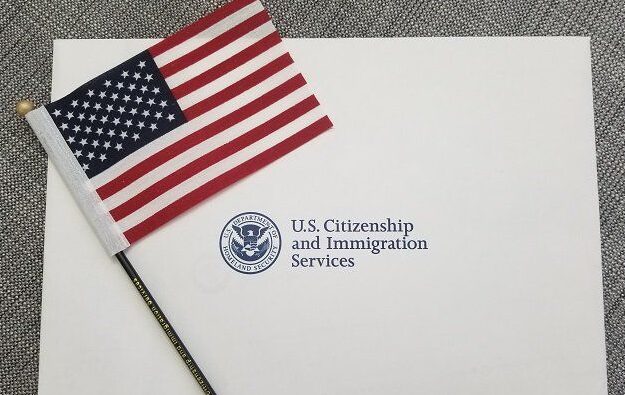Adjustment of Status: Getting past DUI’s or negative issues with USCIS or Why Matter of Arai Still Matters Today
By US Immigration Consultants
📌 What Is Matter of Arai?

- Adjustment of Status (Form I-485) is a discretionary benefit, not a guaranteed right.
- Even if someone is statutorily eligible (has a qualifying family relationship, lawful entry, visa available, etc.), USCIS can still deny the case if the officer believes negative factors outweigh positive ones.
- The burden of proof is on the applicant to demonstrate they deserve approval.
This case is still cited today in the USCIS Policy Manual as the foundation for how officers evaluate discretion in Adjustment of Status cases. This is to say, if your spouse, parent or child has negative issues then you need to build a strong case or story around this.
⚖️ What Does “Discretion” Mean for Applicants?
Discretion means the officer looks at the whole picture:
Positive factors:
- Strong family ties to U.S. citizens or lawful permanent residents. This is not just photos but a broad base of aspects.
- Steady employment and history of tax compliance.
- Long-term residence in the U.S. even as a tourist visa how was the behavior.
- Community involvement, volunteering, or religious participation, always a good strong factor but rarely done.
- Evidence of rehabilitation after past mistakes, this could be the strongest indicator that most clients do not address.
Negative factors:
- Criminal history (e.g., DUIs, theft, assault)
- Immigration violations (overstays, unauthorized work, misrepresentation)
- Public charge issues (lack of income or support)
The officer weighs these factors like a scale. If positives outweigh negatives, discretion is exercised favorably. If not, the case can be denied even if technically eligible.
🛠 Actions Our Firm Takes for Clients
At US Immigration Consultants, we understand how critical discretion is. Here are the steps we guide our clients through to strengthen their Adjustment of Status applications:
- Full Case Evaluation
- Review all criminal, financial, and immigration history before filing.
- Order certified court dispositions to ensure nothing is hidden.
- Rehabilitation Evidence
- If there are DUI or alcohol-related offenses, we recommend proof of rehabilitation:
- Completion of DUI classes, AA/NA meetings, therapy records.
- Letters from counselors or probation officers.
- If there are DUI or alcohol-related offenses, we recommend proof of rehabilitation:
- Character Letters
- Collect affidavits from employers, religious leaders, community members, and family to demonstrate moral character.
- Financial Stability
- Ensure a strong I-864 package (tax returns, pay stubs, assets).
- Where necessary, use joint sponsors to avoid public charge concerns.
- Community & Family Ties
- Provide photos, proof of volunteer work, proof of U.S. citizen children’s schooling, and other evidence that shows deep U.S. roots.
- Timing Strategy
- If a client is still on probation, we may delay the I-485 until probation ends and additional proof of rehabilitation can be obtained.
- In the meantime, we often file the I-130 petition right away, since the family relationship isn’t affected by discretion.
✅ Takeaway
The lesson from Matter of Arai is clear: Adjustment of Status is about more than eligibility — it’s about showing you deserve approval.
At US Immigration Consultants, we don’t just file forms — we build a discretion strategy around your case, ensuring USCIS sees the strongest possible version of your life, your family, and your rehabilitation.
If you have concerns about past DUIs, immigration violations, or other issues, we can help prepare a winning Adjustment of Status application.
📞 Contact us at 855-963-0988 or visit www.usimmigrationconsultants.net to get started.
If you want a Step-by-Step client handout reach out at info@usimmigrationconsultants.net. Title your email – Overcoming Negative Factors.



